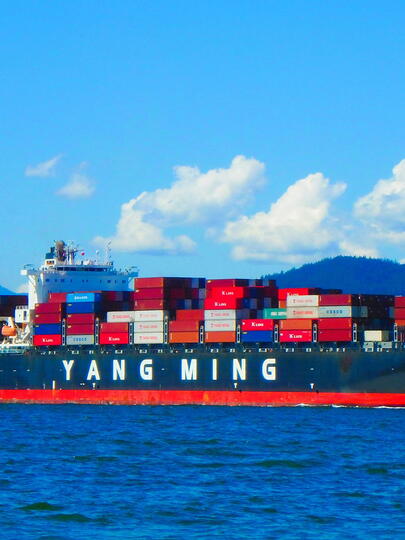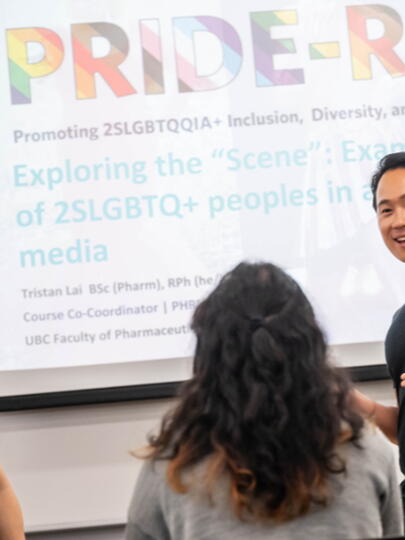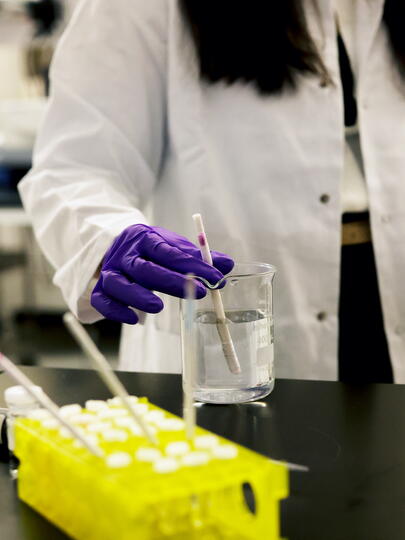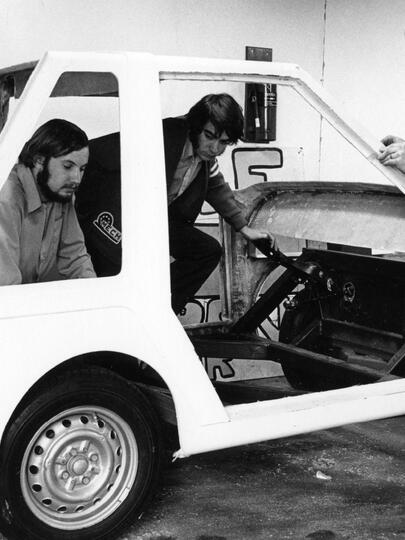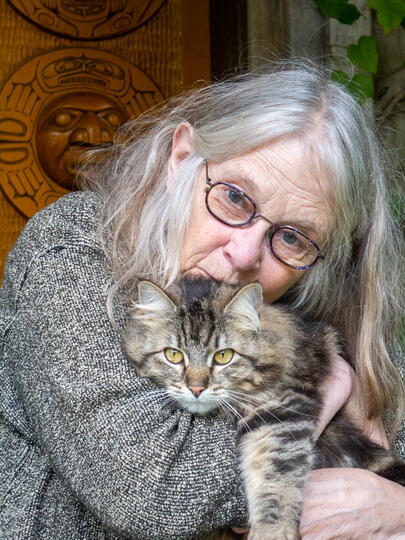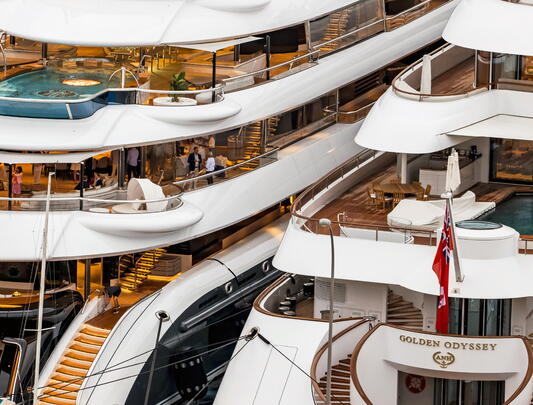Project Seahorse: Award-winning marine conservation
At UBC, donors have a direct impact on our world by helping to make many kinds of research project possible. One example is Project Seahorse, a unique conservation initiative whose director, Dr. Amanda Vincent, recently won the 2020 Indianapolis Prize for animal conservation.
About This Project
Founded in 1996 by Dr. Vincent and Dr. Heather Koldeway, both global experts on seahorse conservation, Project Seahorse had already won many international awards and honours. The Project Seahorse team focuses on bringing an end to bottom trawling – where industrial nets are dragged across the ocean floor, indiscriminately catching all life in their path. Project Seahorse estimates more than 70 million seahorses are ripped from the ocean by trawls and other nonselective fishing gear every year.
Seahorses provides an invaluable function for marine biologists worldwide as a flagship species that helps in understanding the critical interdependencies between marine life and humanity. By expanding research, it has been found that by over-fishing vulnerable seahorse populations, other marine ecosystems become threatened — with catastrophic results.
“This waste of life has to stop – we’re allowing devastation of our oceans in a way that we would never permit on land,” says Dr. Vincent. “Through the perspective of seahorses, we have inspired many, many people globally to safeguard ocean life … and take meaningful conservation action.”
For nearly 25 years, Project Seahorse has depended on the support of dedicated UBC donors and other partners to continue their vital conservation work. Dr. Vincent and her Seahorse Project team’s efforts haven’t gone unnoticed, and the Indianapolis Prize is the latest recognition of Dr. Vincent’s pioneering work to protect seahorses and other marine life.
“I’m absolutely thrilled. The Indianapolis Prize is as close as one gets to a Nobel Prize in animal conservation,” says Amanda. “I started off wanting to save seahorses, but we quickly realized that many of the biggest threats to seahorses – from illegal wildlife trade to annihilation fishing practices like bottom trawling – are the same threats faced by many other ocean species and habitats. If we could convince people to protect seahorses, maybe we could save the ocean too.”
If you would like to support world-leading marine research, please make a donation to Project Seahorse.



